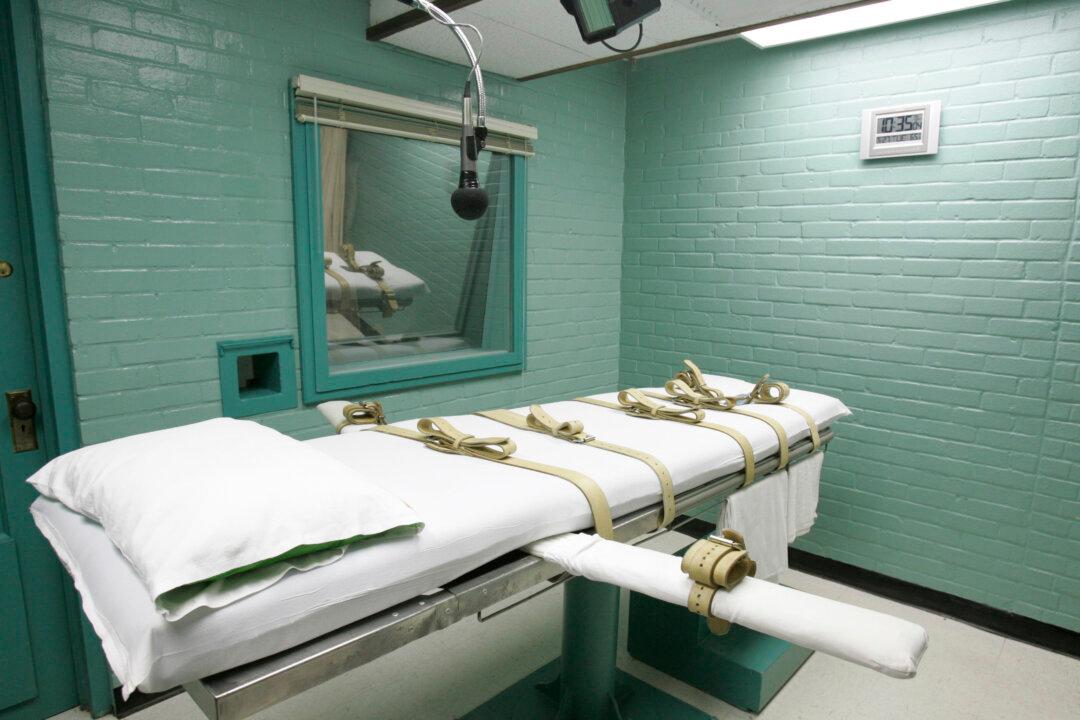A federal appeals court reportedly rejected the Trump administration’s plans to resume the death penalty at the federal level following a 16-year hiatus, although the White House has signaled it is prepared to take its fight to the Supreme Court.
The three-judge U.S. Court of Appeals for the District of Columbia Circuit denied the Department of Justice’s (DOJ) request to overturn a judge’s decision to temporarily stall the execution of four convicted killers. The first execution was slated for Dec. 9.





